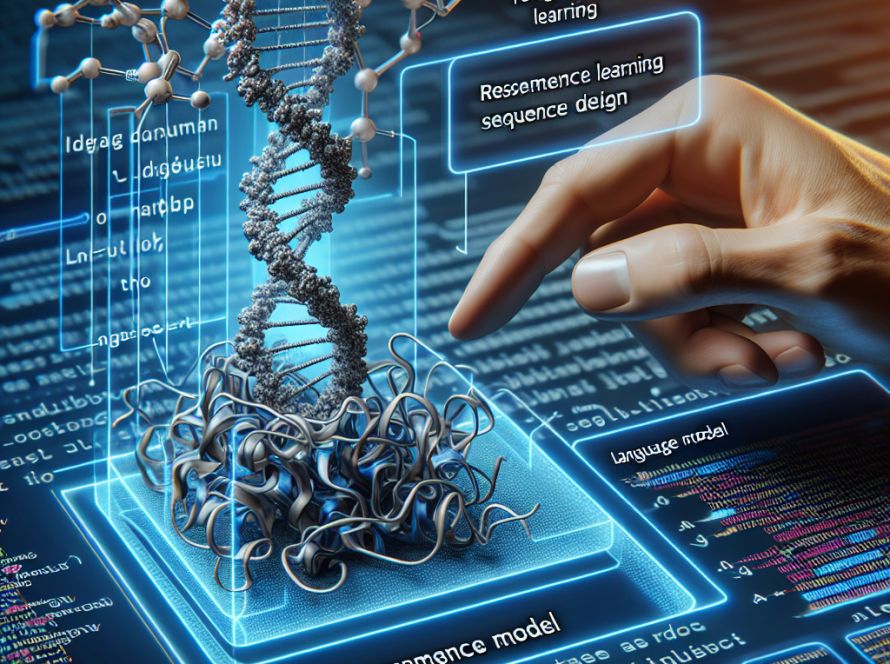Football has forever been an arena for tactical and strategic gameplay, but artificial intelligence (AI) is revolutionizing the field, offering insights beyond human intuition. DeepMind Researchers have introduced TacticAI, an AI assistant developed using the principles of geometric deep learning to analyze and optimize football’s set-pieces like corner kicks.
TacticAI learns by analyzing multiple examples of corner kick situations. Through deep learning models, it can predict various factors including where attackers may position themselves to receive the ball, which opponents might react with a counter-attack, and the best positions for players to score. All these predictions form an integral part of TacticAI’s approach to optimizing set-piece tactics.
TacticAI employs cutting-edge geometric deep learning pipeline to transform raw football data into structured inputs for AI to comprehend. This involves converting real-world spatio-temporal tracking of player positions into graph representations that capture the dynamics of a match. Graph neural networks (GNNs) are used to rationalize irregularly structured graph topologies, and to drawn out geometric relationships and patterns inherent in the graph structures.
The researchers behind TacticAI have incorporated a unified encoder-decoder architecture to test their GNN models on tasks such as receiver prediction, identifying threatening shots, and generating strategic positioning. The encoder component calculates node and graph-level embeddings, which are then employed by the decoder component to generate predictive or generative outputs, as per the task at hand.
TacticAI, designed to acknowledge the symmetrical properties of a football pitch, produces rotated and transformed inputs. This technique enables the graph convolutional networks to learn rotation-equivariant representations and account for positional symmetries in player positions. Attention mechanisms allow the GNNs to attend to crucial player interactions and movements as they make predictions.
The team validated their architectural choices through extensive studies, systematically disabling several components, which highlighted the performance benefits of TacticAI’s domain-specific design. Hardware like NVIDIA Tesla P100 GPUs was used to train TacticAI’s models with modern regularization techniques.
TacticAI, as an AI assistant, offers strategic insights regarding football tactics. The team has released the code and benchmarks for others to test. Even as data mining and machine learning technologies gain ground in sports, whether AI will eventually overshadow human tactical acumen or open avenues for strategic inventiveness remains to be seen. Regardless, the future of football coaching is here and geometric deep learning is at the helm.


